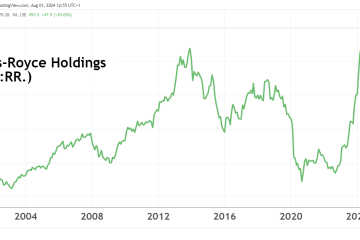Niger vs South Africa: An Analysis of Current Affairs
Introduction
The geopolitical landscape in Africa is constantly evolving, with nations like Niger and South Africa playing pivotal roles. As these two countries navigate their unique challenges and opportunities, understanding their current affairs is essential not only for regional stability but also for global partners interested in investing and collaborating within Africa. The contrast in their governance, economic performance, and social issues further highlights the diversity of the continent.
Political Landscape
Niger, situated in West Africa, has faced significant political challenges over the years, including military coups and instability. Following a coup in July 2023, the political situation remains tense, with international responses varying. The new military government has struggled to gain legitimacy, and increased violence from extremist groups continues to threaten both security and governance in the region.
In contrast, South Africa, located at the southern tip of the continent, operates under a democratic governance model, although it grapples with its own issues such as high unemployment rates and social inequality. The African National Congress (ANC), while historically significant, is facing criticism for its handling of economic matters and ongoing corruption allegations. As South Africa approaches its 2024 elections, political stability is under scrutiny, with various parties vying for power amid public discontent.
Economic Considerations
Economically, South Africa is more developed than Niger, boasting a diverse economy that includes sectors such as mining, agriculture, and services. It is the most industrialised nation in Africa and a member of the BRICS group of emerging economies. However, challenges like energy supply issues and inflation have dampened growth prospects. Recent reports indicate that the South African economy is projected to grow modestly despite these hurdles.
Niger, on the other hand, is among the poorest countries in the world and heavily dependent on agriculture and uranium mining. While it has great potential due to its natural resources, ongoing security concerns and governance issues hinder economic progress. Global agencies have indicated the need for international support to improve the economic conditions in Niger, especially following the recent political upheaval which has led to a reduction in foreign investment.
Conclusion
The dynamics between Niger and South Africa offer a compelling view of two different paths for African nations. While Niger continues to navigate its tumultuous political environment and economic challenges, South Africa stands at a crossroads, facing its own set of issues as it prepares for elections. For investors, policymakers, and scholars, understanding the complexities of these two nations is paramount. The lessons learned from their respective situations will be significant for the future trajectory of African governance and development. Both countries remind us of the diversity of challenges and opportunities within the continent and the need for sustained engagement.









